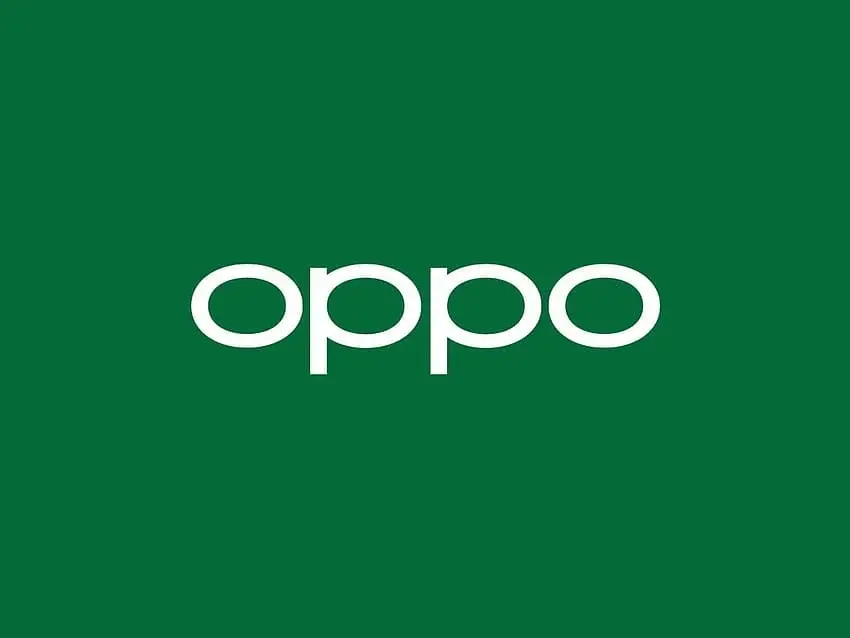Chinese smartphone maker Oppo is urging Finnish electronics leader Nokia to accept the 5G royalty rates set by a Chinese court. The ruling in Chongqing, China, supported Oppo's request for lower fees on Nokia's essential patents for mobile technologies ranging from 2G to 5G.
China's Influence on Intellectual Property Rights
This move by Oppo highlights China's increasing control over intellectual property rights. The patents in question are crucial for ensuring that products adhere to industry standards. Oppo wants to settle the matter and return to business as usual. However, Nokia plans to appeal the decision, arguing that it is limited to Chinese jurisdiction. Nokia remains confident in its position, as courts outside China have previously sided with them in this ongoing dispute.
Disagreements Over Fair Pricing
The conflict between Oppo and Nokia revolves around fair pricing for using Nokia's 5G technology in Oppo smartphones. This dispute goes beyond a bilateral issue and reflects a larger trend where Chinese courts are becoming more involved in determining global royalty rates for foreign patents. This move demonstrates China's growing influence and assertiveness in international intellectual property rights.
A Precedent for Global Norms
Oppo previously won a court ruling against Sharp, which led to a global cross-licensing agreement. This precedent suggests that the recent ruling in Oppo's favor could have broader implications and potentially reshape global norms for technology licensing.
Far-Reaching Implications
The Chongqing court's decision establishes specific fee rates for Nokia's patents, significantly lower than Nokia's standard charges. If upheld, this ruling could have far-reaching implications not only for Nokia and Oppo but for the entire mobile phone industry. It exemplifies China's evolving role in the tech world, where Chinese companies are increasingly influential in setting terms for the use of key technologies.
Impact on Oppo's Business Strategy
Despite facing setbacks in legal battles in Germany and India, Oppo remains a major player in the global smartphone market. The outcome of this case could significantly impact Oppo's business strategy and market positioning. This ongoing legal saga underscores the intricate interplay between innovation, intellectual property rights, and international business in the fast-paced world of technology.


Leave a Reply